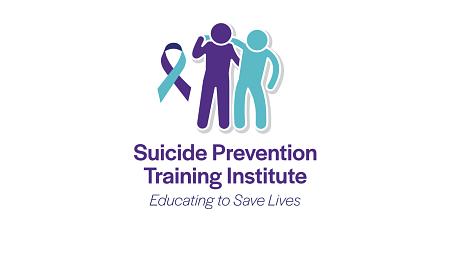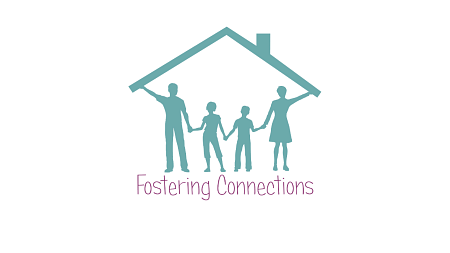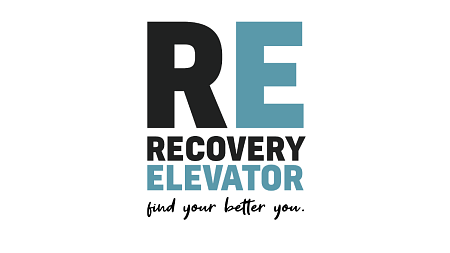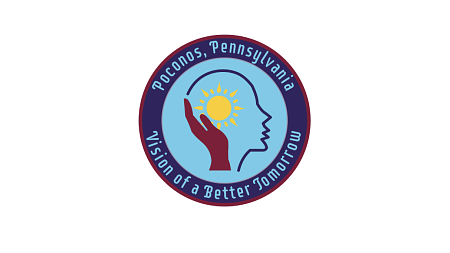
Conveniently gain the knowledge, skills, and experience to advance your career.

UO’s Online Masters in Psychology program teaches change makers both the brain science of human behavior and the program development and evaluation skills needed to make a difference in their communities.
In whatever area they’re passionate about 一 whether that’s mental health, child welfare, education, the justice system or something else 一 students will study the usable psychology of brain development and behavior and learn to select, develop and evaluate effective, evidence-based programs that meet that community’s needs.
Rather than providing clinical training and licensure, OMP allows students to sharpen their research skills and prepares them to support communities at a program level, in contexts including social service or community programs and public agencies.
Learn more about the program from this Q&A with its director, Anne Mannering.

"The OMP goes deeper than just reading and regurgitating textbooks. This program challenged me to work through the application of the research within the fields of psychology and neuroscience and helped me to develop a new way of thinking." --Tyler Meade
"This program has saved my educational-life. Before I came into the OMP program I wasn't sure where I fit in and now I have finally found a place that was designed for people just like me." --
Trisha Lykins
"I could not be more impressed with this program. The faculty are deeply invested in student success, and leadership has woven in an impressive amount of care, detail, utility, knowledge, and opportunity into the curriculum. I am thrilled to be involved.” --Charleen Justice
Is this program for you?
The Online Master's in Psychology Program was designed to accommodate working professionals as well as full-time students. If you have been wanting to take a step up in your community service career or academic path but haven’t been able to fit it into your schedule, life, or budget, this convenient, affordable online option is available for you. We highly encourage those looking to make an impact in community services who fit the listed requirements to apply or contact us.
Priority deadline April 15th
Final deadline July 1st
✓ No GRE required
✓ Bachelor's degree in psych or related field
✓ Employee or volunteer to a community-based organization that provides social or mental health services
✓ Familiarity with psychological research
✓ Clear research interests and goals to pursue
✓ Looking to advance their career in social services, community mental health, education, or healthcare

The Online Master’s in Psychology program prepares individuals for professional employment, career advancement or doctoral studies related to:
- Community and social service programs
- Public agencies that address social and mental health needs
- Health-care administration
- Child-welfare supervision
- College life or student affairs offices
For professionals already working in these fields, the curriculum will provide advanced training to unlock employment options and advancement opportunities. For students striving to pursue a PhD in psychology or a related field, the program will prepare them with a foundation of neuroscience and psychology knowledge and experience conducting original research on a topic they choose.
Meet Our Faculty
ANNE MANNERING, PhD
Program Director | Dr. Mannering’s teaching and research interests are in the areas of early childhood development and education, neurobiology of early life stress, executive function and self-regulation.
SOHNA SHOOK, PhD
Career Lecturer | Dr. Sohna Shook is a licensed mental health professional, certified play therapist, and trained in trauma-focused cognitive behavior therapy. She has worked in private practice, schools, treatment facilities, jails, and community mental health centers.
CHRISTINA KARNS, PhD
Research Assistant Professor | Dr. Karns' research involves neuroimaging children, teens, and adults with and without disabilities to clarify how attention and self-regulation support healthy neural development.
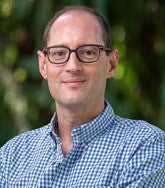
ELLIOT BERKMAN, PhD
Professor | Dr. Berkman studies the motivational and cognitive factors that contribute to success and failure at health goals such as cigarette smoking cessation and dieting. His research leverages the distinct strengths of several research methods.
LISA SCOTCH, PhD
Career Lecturer | Dr. Scotch’s focus has been and continues in various diagnoses impacted by ‘neurological traffic jams’ regardless to a stand-alone or co-morbid diagnosis, in particular Sensory Processing Disorder.

JADE SEGOVIANO, B.S
Program Coordinator | Jade provides administrative support to faculty and students, assisting with a range of program needs including prospective student inquiries, onboarding, registration, and event planning.
Proud to Be Partnered With
Online Master's in Psychology Details
Curriculum | Admissions | Tutition & Fees
Curriculum
The UO Online Master’s of Psychology offers a unique combination of courses focused on the neuroscience of trauma, adversity and resilience, intervention science, and innovative approaches to program development. Our curriculum emphasizes how you can apply insights from these fields to guide and improve the design and implementation of programs and services.
Note: PSY 690 Capstone Research is to be taken each term, for all six consecutive terms, including summers. Total credits: 17-21.
Required Courses:
PSY 615 Community Needs Assessments (4)
PSY 616 Implementation with Community and Cultural Perspectives (3)
PSY 618 Substance Use and Addiction (3)
PSY 619 Intervention Science (4)
PSY 628 Methods of Program Evaluation (4)
PSY 630 Translational Neuroscience in Early Childhood (3)
PSY 631 Translational Neuroscience in Adolescence (3)
PSY 632 Translational Neuroscience in Adulthood (3)
PSY 672 Trauma Informed Intervention (3)
Elective Courses:
PSY 607 Special Topics in Neuroscience (3)
PSY 607 Diversity, Equity and Inclusion in Research and Policy (3)
PSY 618 Substance Use and Addiction (3)
Required Courses:
COURSE | COURSE NAME | CREDITS |
|---|---|---|
PSY 615 | Community Needs Assessment | 4 |
PSY 616 | Implementation with Community & Cultural Perspectives | 3 |
PSY 619 | Intervention Science | 4 |
PSY 628 | Methods of Program Evaluation | 4 |
PSY 630 | Translational Neuroscience in Early Childhood | 3 |
PSY 631 | Translational Neuroscience in Adolescence | 3 |
PSY 632 | Translational Neuroscience in Adulthood | 3 |
PSY 672 | Trauma Informed Intervention | 3 |
PSY 690 | Capstone Research | 17 |
Elective Courses, choose 2 (6 credits required):
course | course name | credits |
|---|---|---|
PSY 607 | Special Topics in Neuroscience | 3 |
PSY 607 | Diversity, Equity and Inclusion in Research and Policy | 3 |
PSY 618 | Substance Use and Addiction | 3 |
Admissions
The application process includes the following steps:
- Complete the application form.
- International applicants only: Take the TOEFL or IELTS.
- Provide contact information for two to three references who will submit letters of recommendation.
- Upload answers to a set of short essay questions that address: Why this program is the right fit for you, the experiences that have prepared you to succeed in an online program, your familiarity and experiences with psychological research, your experiences and/or commitment to social justice, diversity, and equity, your connection to a community-based organization (CBO) or how you plan to create a connection to a CBO, your research interests and goals that you plan to pursue in the OMP program.
- Upload as a PDF your curriculum vita/resume.
- Upload as a PDF a writing sample (recent class paper, thesis, or article).
- Upload as a PDF your unofficial transcripts from all colleges/universities attended and send official transcripts to the UO Registrar's Office.
- Pay the $70 non-refundable fee ($90 non-refundable fee for international applicants) when you submit your online application.
- Monitor the receipt of your letters of recommendation.
Tuition & Fees
TUITION | FEES | OTHER EXPENSES |
|---|---|---|
$625/credit | $25/credit online course fee | $70 application fee |
| $45/term building fee | $545.35 Matriculation fee |
$ 76.75/term incidental fee |
| |
$66/term tech fee |
Estimated Cost of the Program Based on Fall 2025 rates: ~$37,000. Please note that this program lasts for six consecutive terms, including summers.





